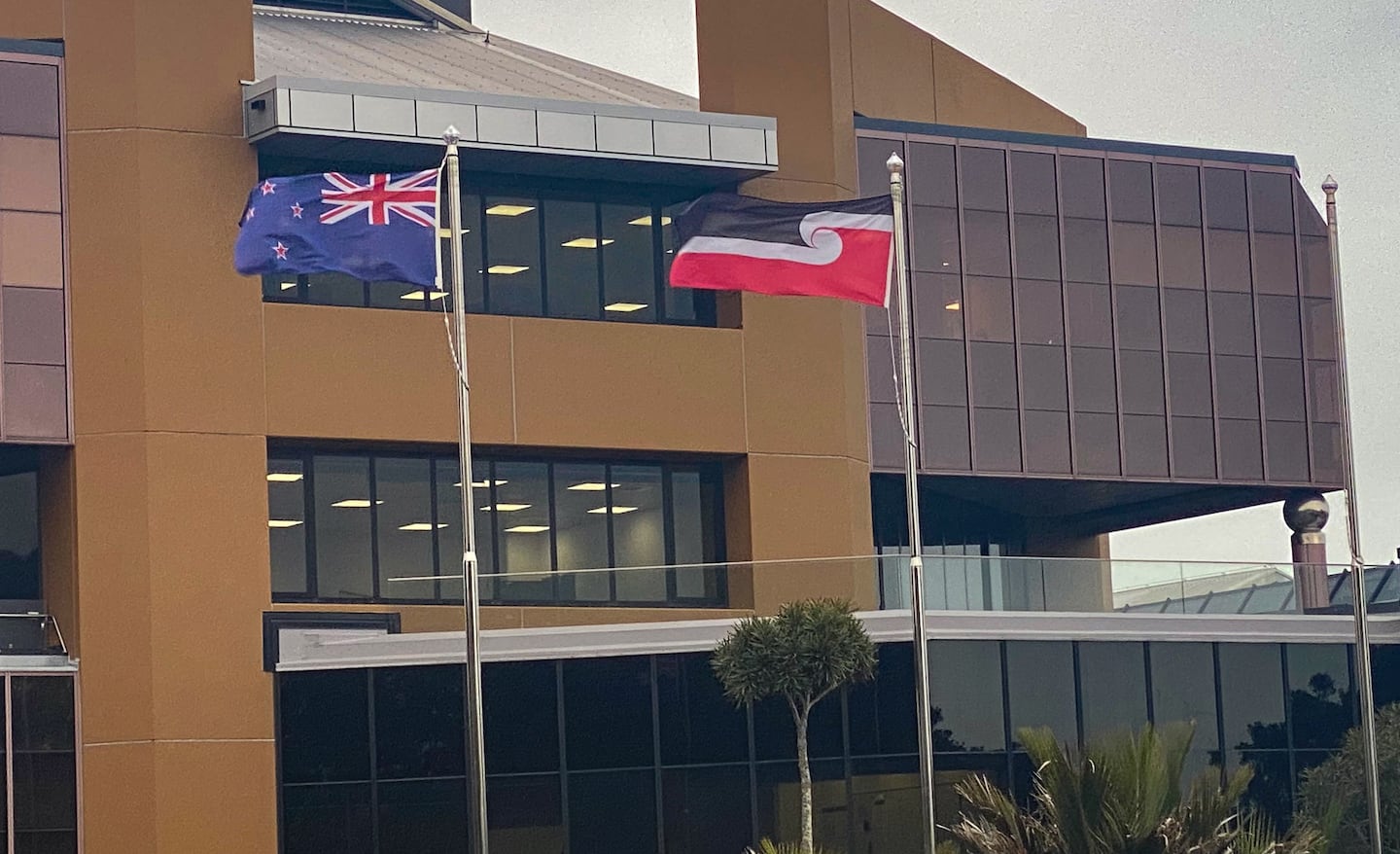Imprecise use of the word ‘Māori’ is sparking public accusations that New Plymouth District Council is racist, says the council’s manager of Te Tiriti relationships.
Accurate terms like mana whenua could help people understand the council’s Treaty of Waitangi obligations and avoid triggering “anxieties”, Bernie O`Donnell told the council’s iwi committee Te Huinga Taumatua.
The council is considering a buy-local plan to save money while generating prosperity, and making social, cultural and environmental gains.
The procurement strategy revamp would prioritise local economic development, define local suppliers, and make local impact a criteria for evaluating contracts.
A report by staff said better governance, whole-of-life costing, and stronger contracting could save half a million dollars a year – as councillors requested.
Amongst many goals, the procurement strategy proposed improving partnerships with iwi, hapū, and Māori businesses so they could help supply the council’s needs.
“This includes strengthening engagement with Māori and iwi-affiliated enterprises through targeted outreach, supplier workshops, and simplified bidding processes.”
However, the move has angered some residents who labelled the policy as “woke” and “racist”.
O’Donnell told Te Huinga Taumatua the council could use precise language to help people grasp what it’s doing.
“I’m not sure if the word Māori is fit for purpose within the council district.
“If we started to understand what mana whenua means and … talk about the value that mana whenua brings to the table with council – I think that’s a new conversation we need to have.”
Mana whenua are hapū or iwi with historical and territorial authority over an area.
O’Donnell later gave LDR an example of Auckland’s council using specific words to describe Māori:
- taurahere for those with ancestors from neighbouring areas like Northland;
- tangta whenua or mātāwaka if the iwi links are further afield;
- mana whenua specifically for those with whakakpapa ties to Auckland.
He said mana whenua in New Plymouth have brought a combined balance sheet of a billion dollars, held by the five iwi post-settlement agencies and Parininihi ki Waitotara (which administers perpetual leasehold land).
Mana whenua also brought independently-developed health, education and housing capacity.
“They’re not coming to the table empty handed,” said O’Donnell.
“Who’s the local intelligence within the district?”
“Mana whenua bring a thousand-plus years of tenureship within the local area … knowledge around history, the significant places and spaces.”
NPDC’s procurement strategy is based on Ministry of Business Innovation and Employment social procurement rules, he said.
The strategy met obligations under the Local Government Act and government procurement rules, the staff report noted.
It also upholds standards for compliance, fairness, and effectiveness laid down by the Auditor-General.
Councillor Brian Vickery asked procurement and contracts lead Julie Pedley how it would would work in practice.
Pedley said social, environmental or cultural gains would be weighed against other factors – including price.
“If all things were equal across 95 percent of the criteria and a provider was really strong in terms of Māori engagement or contributing to that local population, they might score a little higher on that.
“But it’s in balance with a lot of other criteria … their skills, their quality, their experience and track records and other things.”
Council Treaty relationships are hotly contested across Taranaki ahead of local elections, with referendums on Māori wards, and other Government decisions eroding Māori legal rights and interests.
Kevin Moratti of Hobson’s Pledge is due to address the council’s Finance, Audit and Risk committee on procurement this afternoon.
New Plymouth’s Mike Bracken emailed councillors and senior staff about his “absolute dismay that … NPDC are about to award contracts and services based on ethnic race, with Māori being the ethic race of choice”.
“Imagine the human outcry if you had said all contracts and services will be given prefernce (sic) to white European race businesses first,” wrote Bracken.
Claire Bignall posted on the New Plymouth Ratepayers Alliance Facebook page: “Let’s drop the whole ‘woke’ thing and call it what it is ... racist.”
Objections spread to the Facebook group Tauranga City Residents, Ratepayers – Warts and All: the user Pohutukawa Tree accused NPDC of saying “your race matters more than your product or price.”
“The message is blunt: white people need not apply.”
“They are driving apartheid,” responded Lindy Barrett.
LDR is local body journalism funded by RNZ and NZ on Air



